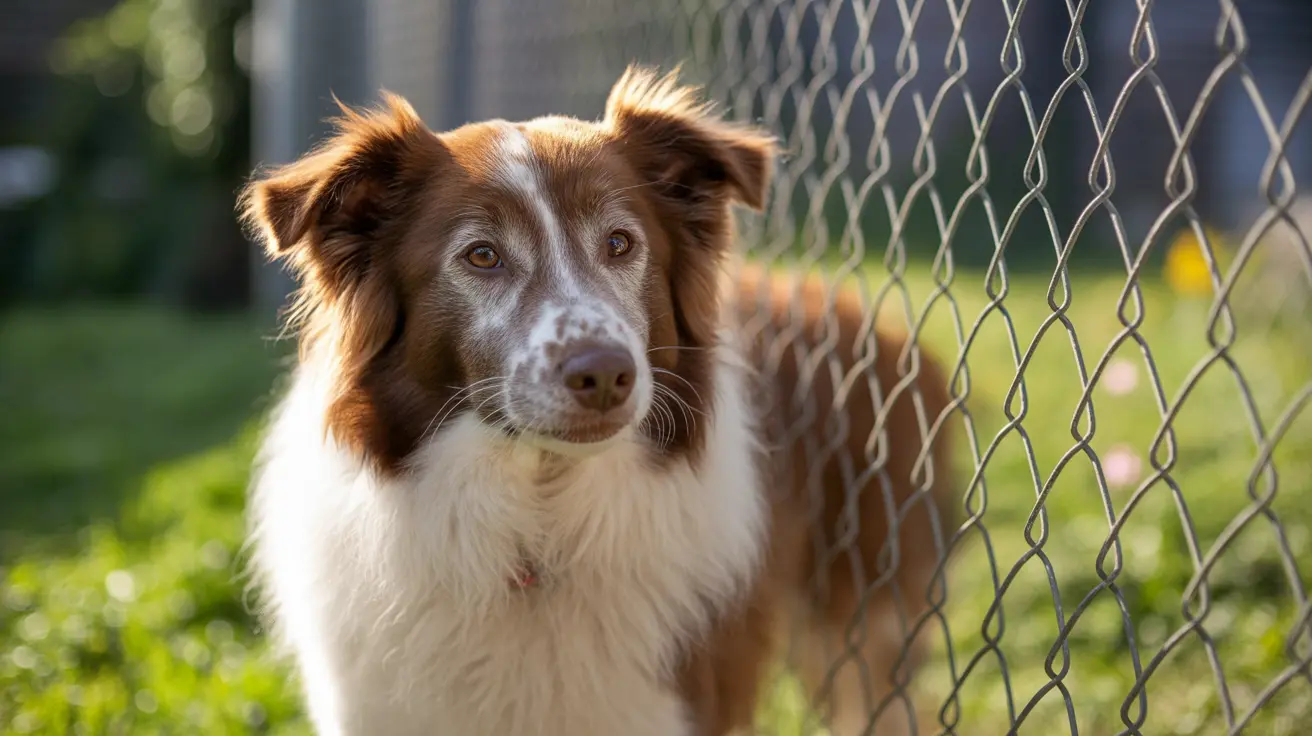Understanding the Most Naturally Aggressive Dog Breeds
When choosing a dog, temperament is one of the most important traits to consider. While training and upbringing play major roles, some dog breeds have been observed to exhibit more natural aggression than others. This doesn't necessarily make them bad pets—it highlights the need for responsible ownership, training, and socialization. In this article, we'll delve into the breeds commonly considered the most naturally aggressive and explore the factors behind this behavior.
What is Aggression in Dogs?
Aggression in dogs can manifest as growling, barking, lunging, snapping, or biting. It can be caused by fear, territorial instincts, dominance, pain, or possessiveness. While any dog can show aggression, some breeds have reputations for more intense behavioral traits due to their original purposes, such as guarding, hunting, or fighting.
Top Naturally Aggressive Dog Breeds
- American Pit Bull Terrier: Bred for fighting, these dogs are powerful and can be assertive. With proper training, however, they can be affectionate companions.
- Rottweiler: Rottweilers are strong, protective, and confident. Their loyalty can sometimes translate into territorial aggression.
- Doberman Pinscher: Intelligent and alert, Dobermans are loyal defenders of their home and family, sometimes showing aggressive behavior if they feel threatened.
- German Shepherd: Originally used for herding and police work, German Shepherds are courageous but can display dominance or protective aggression.
- Chihuahua: Surprisingly, this small breed can be highly aggressive, particularly due to fear or a lack of proper socialization.
- Jack Russell Terrier: Energetic and highly territorial, Jack Russells can show aggression if their space is invaded or they are not mentally stimulated.
Factors That Influence Aggression
It's important to understand that aggression is not exclusive to breed. The following factors contribute significantly to a dog's temperament:
- Socialization: Dogs that are not exposed to various environments and people early in life may develop fear-induced or territorial aggression.
- Training: Positive reinforcement and consistent training can curb instinctive aggression in any breed.
- Genetics: Some dogs inherit aggressive tendencies due to selective breeding for specific traits.
- Health conditions: Pain or neurological problems can also lead to increased aggression in normally calm dogs.
- Environment: How a dog is treated and the conditions in which they are raised play a critical role in behavior development.
Responsible Ownership Is Key
Even the most naturally aggressive dogs can thrive in the right hands. Responsible dog owners should:
- Begin training and socialization early
- Use consistent discipline techniques
- Provide adequate exercise and mental stimulation
- Seek professional help if aggression escalates
- Regularly check on the dog’s health with a veterinarian
Breed Stereotypes vs. Reality
It's unfair to label any one breed as inherently bad. While some breeds have a genetic disposition toward certain behaviors, how they are raised and managed plays a bigger role than genetic programming alone. Millions of Pit Bulls, Rottweilers, and other





